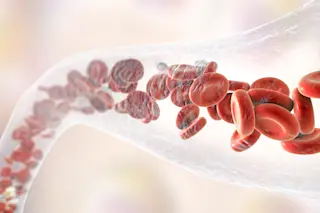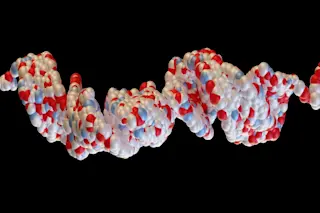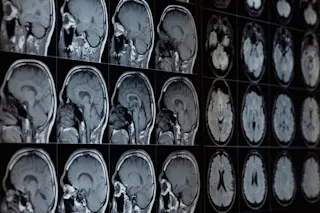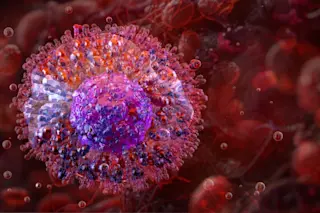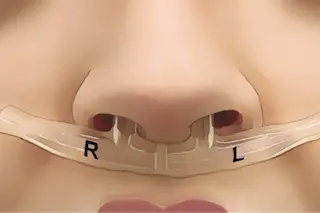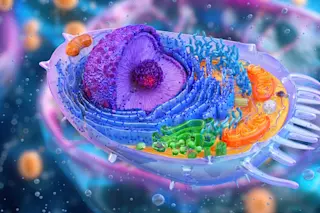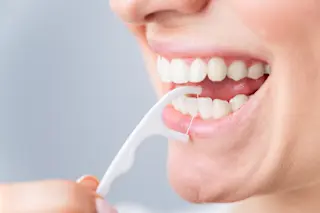Even after people struggling with infertility have found a happy ending with in vitro fertilization, another complicated dilemma remains: what to do with extra fertilized embryos created during treatment. A new study found that more than 400,000 of these embryos are currently chilling in the freezers of fertility clinics around the country; while some of those are being stored for women who want more children, many others are being kept on ice because women have qualms about disposing of them. And while some women are willing to donate their embryos to research, that option frequently isn't offered. Ethical and personal considerations have led some people to a stalemate.
For nearly 15 years, Kim and Walt Best have been paying about $200 a year to keep nine embryos stored in a freezer at a fertility clinic at Duke University — embryos that they no longer need, because they are finished having ...



